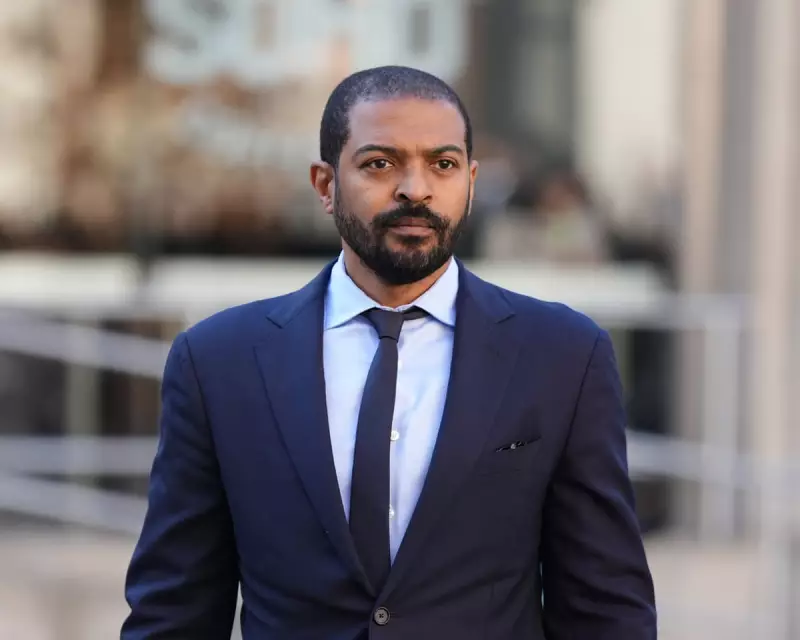
In a stunning legal defeat, actor and producer Noel Clarke has lost his high-stakes libel action against The Guardian newspaper. The High Court's dismissal marks a pivotal moment for press freedom and is being celebrated as a triumph for public interest journalism.
Mr. Clarke had sued the publisher over a series of 2021 articles in which 20 women made allegations of sexual misconduct, bullying, and harassment against him. He vehemently denied all claims, labelling them "false" and "without evidence".
A Resounding Defence of Public Interest Journalism
In his ruling, Mr Justice Johnson found that The Guardian's reporting was not only substantially true but also a "classic example of responsible public interest journalism". The court determined that the newspaper had presented a "prima facie case of guilt" based on its extensive investigations and the sheer volume of consistent accounts.
This verdict sends an unequivocal message about the vital role of a free press in holding powerful figures to account. The judge emphasised that the evidence presented was "overwhelming" and that the claimants had "no real prospect of success" in proving the articles were false.
The Human Cost and a Victory for the Women
Beyond the legal technicalities, the case underscores the immense courage of the women who came forward. Their testimony, often given at great personal and professional risk, formed the bedrock of The Guardian's investigation.
The ruling is being hailed not just as a win for the newspaper, but as a profound victory for these women and for survivors of misconduct everywhere. It reinforces the principle that credible allegations deserve to be heard and investigated thoroughly.
Implications for UK Libel Law
This case is set to become a landmark in UK defamation law. Its outcome demonstrates the effectiveness of the 'public interest' defence, strengthening the ability of news organisations to report on serious allegations when they are backed by rigorous evidence.
The decision is likely to have a chilling effect on so-called 'SLAPPs' (Strategic Lawsuits Against Public Participation), where powerful individuals use the threat of costly litigation to silence critics and suppress negative stories.
The legal and media landscapes have shifted. This ruling affirms that truth and responsible journalism remain formidable defences against attempts to stifle legitimate scrutiny.





